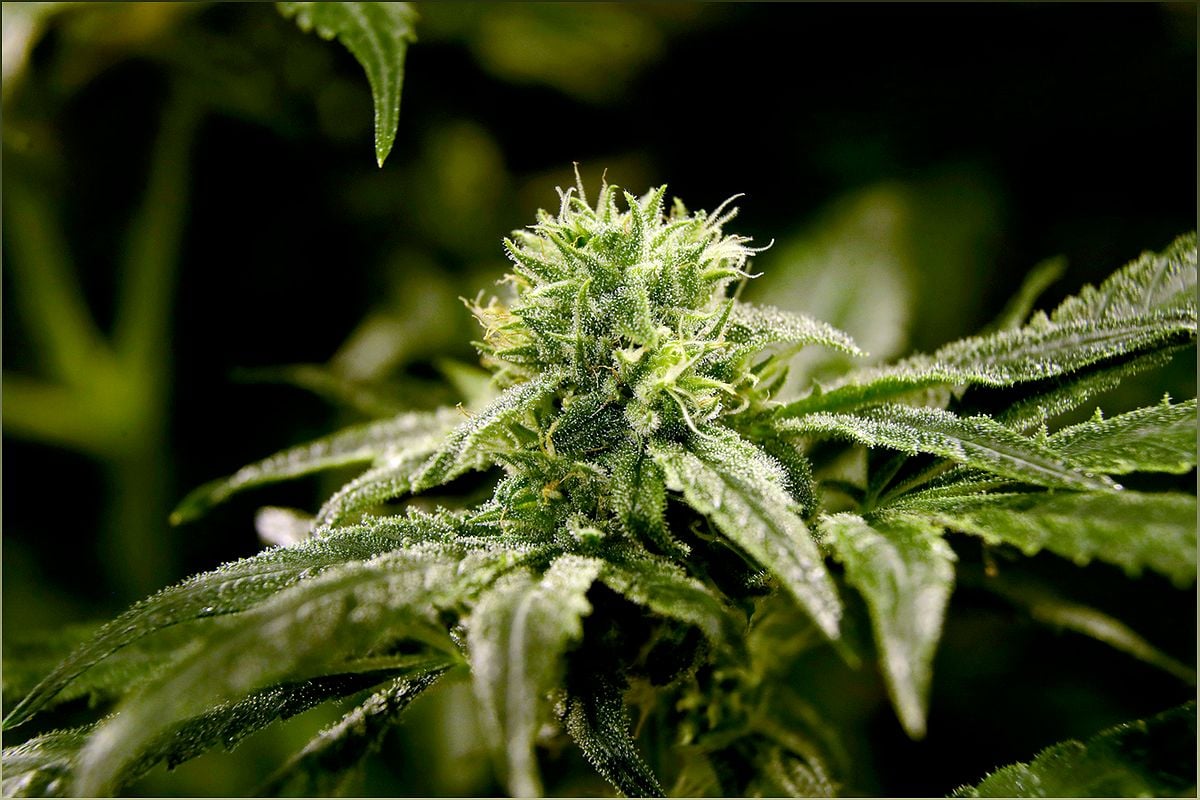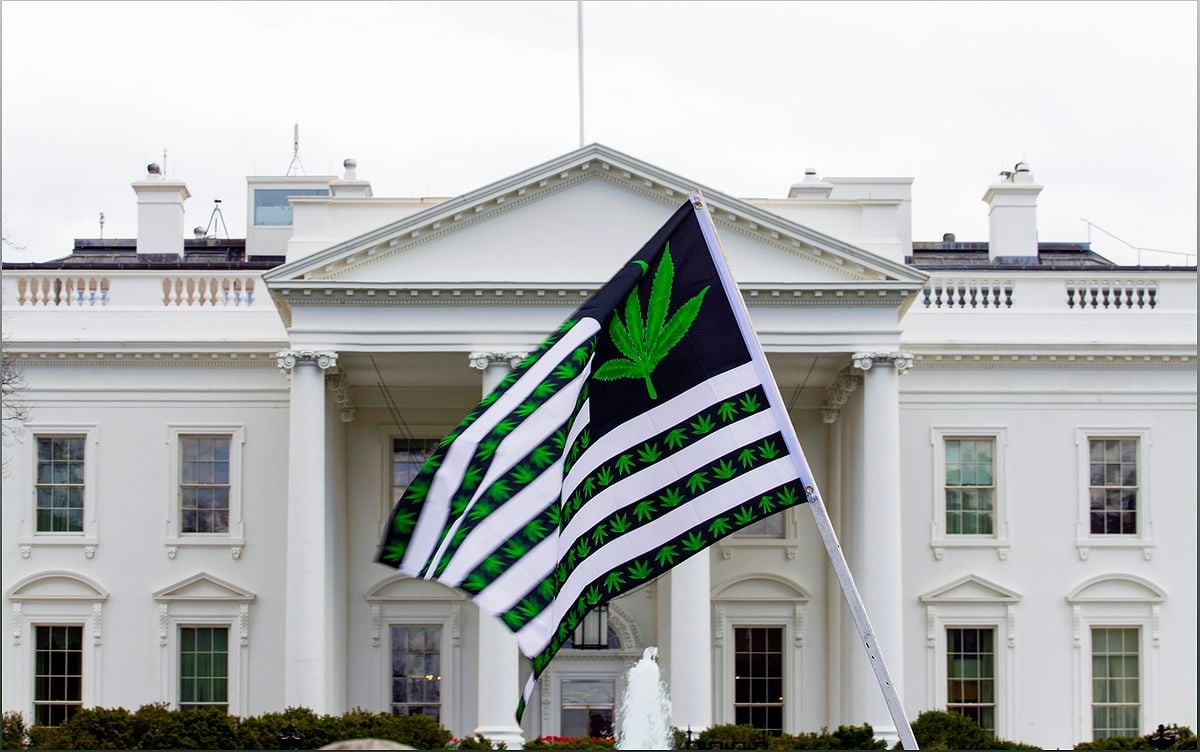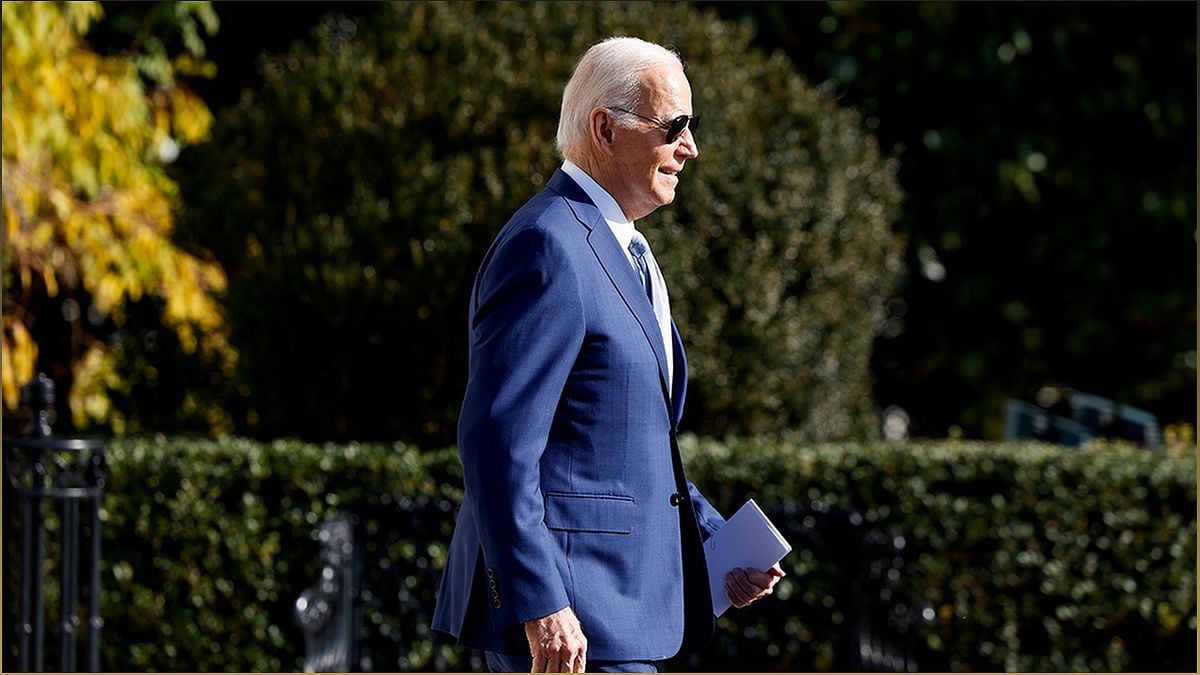President Biden to Pardon Marijuana Offenses: Breaking Barriers and Addressing Sentencing Disparities
President Joe Biden is set to sign a proclamation on Friday, pardoning certain marijuana offenses. This action builds upon his previous pardon for people convicted of possession under federal law. The new pardons will specifically target offenses related to simple possession and use of marijuana under federal and D.C. law. President Biden recognizes that criminal records for marijuana use and possession have created unnecessary obstacles in the lives of individuals, hindering their access to employment, housing, and education opportunities. He is also urging governors to take similar actions regarding state marijuana-related offenses. While the exact number of people affected by these new pardons is not yet known, it is a significant step towards rectifying the consequences of outdated drug policies. In addition to the marijuana pardons, President Biden will also commute the prison sentences of 11 individuals convicted of nonviolent drug offenses, including some who have received mandatory life sentences. This act of clemency reflects the President’s commitment to addressing unjustified disparities in sentencing. President Biden has been actively granting clemency since taking office, with his most recent grants in April to 31 individuals convicted of drug-related offenses. During his 2020 campaign, Biden advocated for the automatic expungement of cannabis use convictions. While the Department of Health and Human Services recommended easing marijuana restrictions by reclassifying it as a Schedule III drug, marijuana remains classified as a Schedule I drug by the DEA. However, most states have already legalized marijuana use in some form, either for recreational or medical purposes. President Biden’s actions demonstrate his dedication to reforming outdated drug policies and rectifying the injustices caused by them.
President Biden’s Proclamation to Pardon Marijuana Offenses
President Joe Biden is set to sign a proclamation on Friday, pardoning certain marijuana offenses. This action builds upon his previous pardon for people convicted of possession under federal law.

The new pardons will specifically target offenses related to simple possession and use of marijuana under federal and D.C. law. President Biden recognizes that criminal records for marijuana use and possession have created unnecessary obstacles in the lives of individuals, hindering their access to employment, housing, and education opportunities.

By pardoning these offenses, President Biden aims to remove barriers and provide a fresh start for those affected by these convictions. This step signifies his commitment to reforming outdated drug policies and addressing the injustices caused by them.
Addressing Sentencing Disparities
In addition to the marijuana pardons, President Biden will also commute the prison sentences of 11 individuals convicted of nonviolent drug offenses, including some who have received mandatory life sentences.

This act of clemency reflects the President’s commitment to addressing unjustified disparities in sentencing. Many of these individuals would have been eligible for reduced sentences under current reforms.

President Biden’s actions highlight the need for comprehensive sentencing reform to ensure fairness and equity in the criminal justice system.
President Biden’s Commitment to Criminal Justice Reform
President Biden has been actively granting clemency since taking office, with his most recent grants in April to 31 individuals convicted of drug-related offenses.
During his 2020 campaign, Biden advocated for the automatic expungement of cannabis use convictions, recognizing the need to address the lasting impact of these convictions on individuals’ lives.
His actions demonstrate a commitment to reforming outdated drug policies and rectifying the injustices caused by them.
The Status of Marijuana Restrictions
The Department of Health and Human Services recommended easing marijuana restrictions by reclassifying it as a Schedule III drug, but marijuana remains classified as a Schedule I drug by the DEA.
However, most states have already legalized marijuana use in some form, either for recreational or medical purposes, creating a complex landscape of varying laws and regulations.
President Biden’s actions highlight the need for further examination and potential reform of federal marijuana policies to align with the changing attitudes and laws at the state level.
